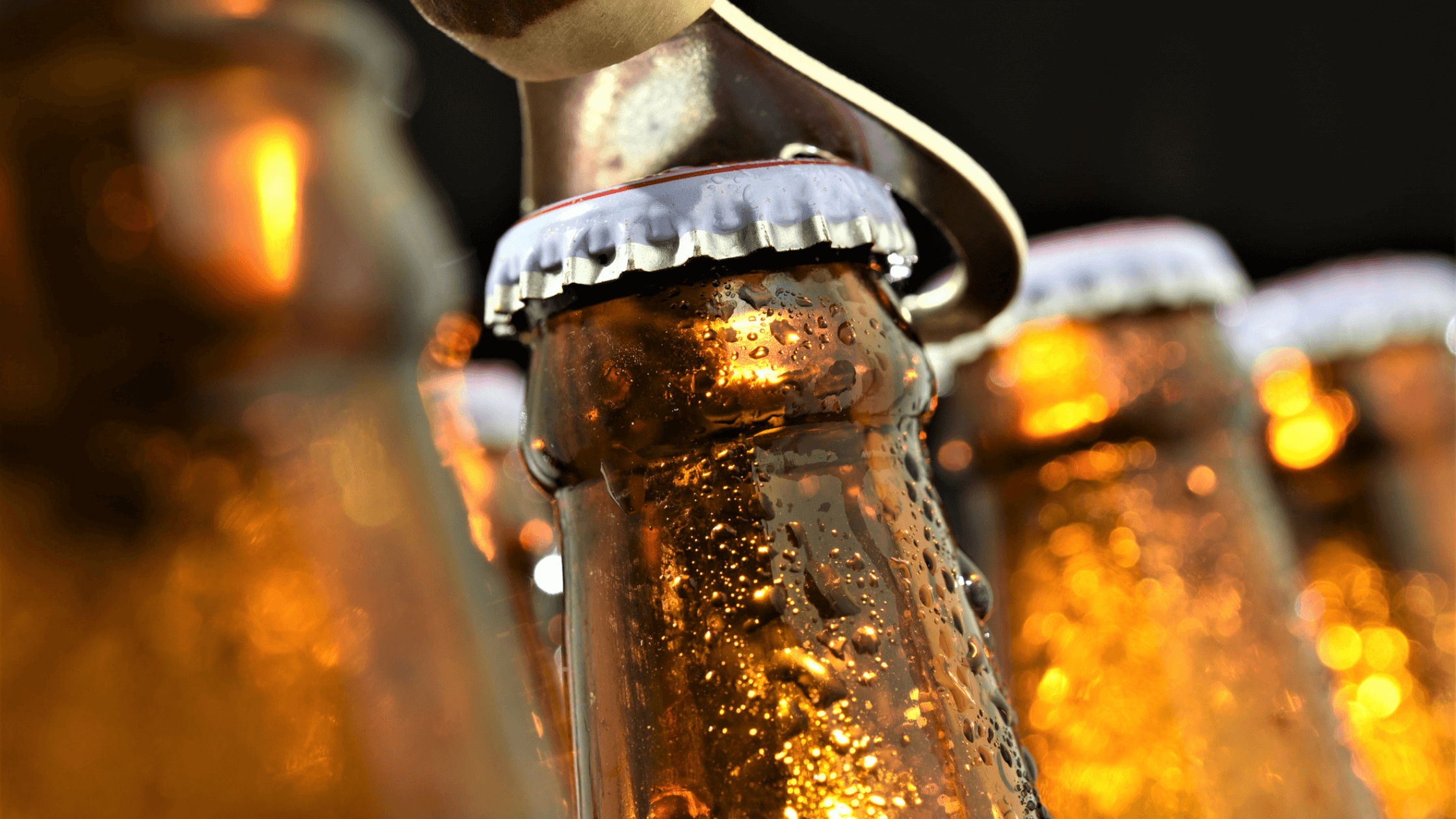Are Beer Stocks Worth Buying for Investors?
September 28, 2021

Who doesn’t like an ice-cold beer on a hot day? In the US, today (28 September) is National Drink Beer Day.
Celebrated at the end of September, it’s a reminder for beer lovers to enjoy the hoppy beverage as the traditional Oktoberfest season draws to a close.
Yet just because we may like certain drinks, or other consumables, does that mean it’s a business worth buying for the long term?
Regardless of whether you like beer or not, are the numerous beer stocks listed worldwide worth investing in?
Acquiring to survive and thrive
For any investor who’s familiar with the term “craft beer” then they’ll know there’s been an explosion in craft beer brands over the past decade or so.
Catering to a crowd desperate for more taste in their beers, and moving away from “generic” lagers, these brands met a demand in the market.
Bigger flagship beer companies, such as Anheuser-Busch InBev SA (NYSE: BUD) (EBR:ABI) – otherwise known as AB InBev – have had to acquire boutique craft beer brands to stay competitive.
One of the latest examples took place amid the Covid-19 pandemic when AB InBev bought out Craft Brew Alliance (CBA) for US$321 million.
CBA is based in Portland, Oregon and owns brands such as Kona, Cisco Brewers and Redhook Brewery. Given anti-trust concerns, though, CBA was forced to sell Kona before AB InBev was permitted to take it over.
The appeal of craft beer is easy to see. It had made strong headway into the US beer market, making up just over a quarter of all beer sales in 2019, before falling slightly last year during the Covid-19 pandemic (see below).
Craft beer’s share of US retail beer market 2012-2020

Source: Statista, April 2021
As for AB InBev, which owns mass-market brands such as Budweiser, Stella Artois, and Corona, the Covid-19 pandemic hit it hard.
Rebounding demand
Like many beer companies, however, it’s witnessing a rebound in demand as countries reopen. For the latest second-quarter 2021 results, AB InBev saw total revenue increase by 27.6% year-on-year to US$13.5 billion.
Meanwhile, its normalized EBITDA was up 31% year-on-year to US$4.8 billion. All this was driven by strong growth of its three core brands (outside their home markets) and an uptick in emerging growth products, such as hard seltzer.
Hard seltzer, which is essentially alcoholic sparkling water with fruit flavouring, has been a particular hit in the US.
One of the leaders in the hard seltzer space has been Boston Beer Company Inc (NYSE: SAM) as its shares hit an all-time high in April of this year on optimism surrounding its market-leading “Truly” brand in the hard seltzer category.
It’s been a less rosy picture since then for Boston Beer as intense competition in the sector saw the company cut financial guidance for 2021 as demand for its hard seltzer products slow.
As a result, its shares have lost over 50% since the April high.
Headwinds over the long term
For most big beer brands, the story remains the same. They are fighting a structural decline in the number of beer drinkers globally.
In the US, more than half of those of drinking age abstain from alcoholic beverages. That’s one of the main reasons that there’s a proliferation of “alcohol-free” or “0.0” beers being developed by the beer giants.
Overall, it doesn’t take away from the fact that beer companies operate in a highly-competitive industry that also happens to be selling to consumers that are increasingly looking for healthier tipples.
For investors in beer stocks, that could lead to a pretty nasty hangover for portfolios over the long term.
Disclaimer: ProsperUs Head of Content Tim Phillips doesn’t own shares of any companies mentioned.

Tim Phillips
Tim, based in Singapore but from Hong Kong, caught the investing bug as a teenager and is a passionate advocate of responsible long-term investing as a great way to build wealth.
He has worked in various content roles at Schroders and the Motley Fool, with a focus on Asian stocks, but believes in buying great businesses – wherever they may be. He is also a certified SGX Academy Trainer.
In his spare time, Tim enjoys running after his two young sons, playing football and practicing yoga.







